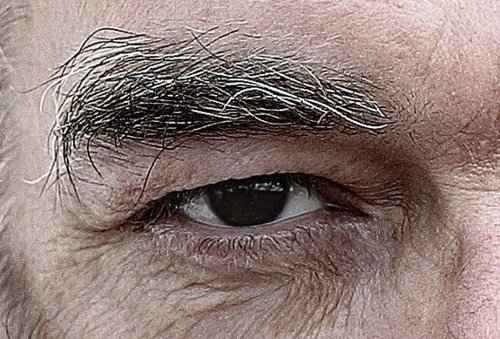When it comes to protecting your eyes and improving your vision, prescription sunglasses are an ideal solution. But can you really combine the benefits of prescription lenses with the sun protection of sunglasses? The short answer: absolutely.
Prescription Sunglasses Usage by Activity
| Activity | Percentage of Users |
|---|---|
| Driving | 70% |
| Outdoor Sports | 50% |
| Casual Outings | 40% |
| Beach Visits | 60% |
| Hiking | 30% |
What Are Prescription Sunglasses?

Prescription sunglasses are essentially sunglasses with lenses that match your vision prescription. They help correct refractive errors like nearsightedness, farsightedness, or astigmatism while shielding your eyes from harmful ultraviolet (UV) rays. You can choose from a variety of lens materials, tints, and coatings to suit your style and functional needs.
Why Should You Consider Prescription Sunglasses?
1. Enhanced Eye Protection:
Did you know that prolonged exposure to UV rays can lead to cataracts and macular degeneration? Prescription sunglasses block 99-100% of UVA and UVB rays, providing essential protection.
2. Improved Convenience:
No need to switch between your regular glasses and non-prescription sunglasses. Prescription sunglasses simplify your daily routine.
3. Stylish Options:
From aviators to oversized frames, modern prescription sunglasses offer style without compromising functionality.
4. Better Visual Clarity:
Unlike clip-ons or over-glasses shades, prescription sunglasses are tailored to your exact vision needs, ensuring optimal clarity.
How to Get Prescription Sunglasses
Step 1: Get an Updated Eye Exam
Make sure your prescription is current. Most optometrists recommend an eye exam every one to two years.
Step 2: Choose the Right Frame
Opt for frames specifically designed to accommodate prescription lenses. Popular brands often offer both high-fashion and durable options.
Step 3: Select Your Lenses
Consider the following options:
- Polarized Lenses: Reduce glare, especially useful for driving or outdoor activities.
- Photochromic Lenses: Transition from clear to dark based on light exposure.
- Mirror Coatings: Reflect sunlight for additional brightness reduction.
- Scratch-Resistant Coatings: Prolong lens life.
Step 4: Confirm UV Protection
Always verify that your lenses block 100% of UVA and UVB rays. Look for labels like “UV400.”
Step 5: Order Through a Trusted Provider
Whether you purchase online or in-store, ensure the retailer is reputable and offers customization based on your prescription.
How Much Do Prescription Sunglasses Cost?
The cost of prescription sunglasses varies widely depending on the frames, lens materials, and coatings you choose. Here’s a rough breakdown:
- Frames: $50 – $300+
- Lenses: $100 – $400+
- Coatings (anti-glare, polarized): $20 – $150
Total costs typically range from $150 to $600, with luxury brands or specialized lenses reaching higher prices. Online retailers often offer competitive pricing.
Did You Know?
Research published in the American Journal of Ophthalmology reveals that wearing UV-blocking sunglasses can reduce your risk of cataracts by up to 20%. Don’t underestimate the power of proper eye protection!
Are There Alternatives to Prescription Sunglasses?
If prescription sunglasses don’t fit your budget or needs, consider these alternatives:
- Clip-On Sunglasses: Inexpensive and attach to your regular glasses.
- Contact Lenses with Sunglasses: Wear non-prescription sunglasses over your contacts.
- Photochromic Lenses: Eliminate the need for separate sunglasses but may not darken as effectively in cars.
Editorial Advice
Prescription sunglasses are a smart investment for anyone who needs vision correction and spends time outdoors. They offer unparalleled convenience, protection, and style. Before buying, consult your optometrist to ensure the best fit for your lifestyle and prescription.



